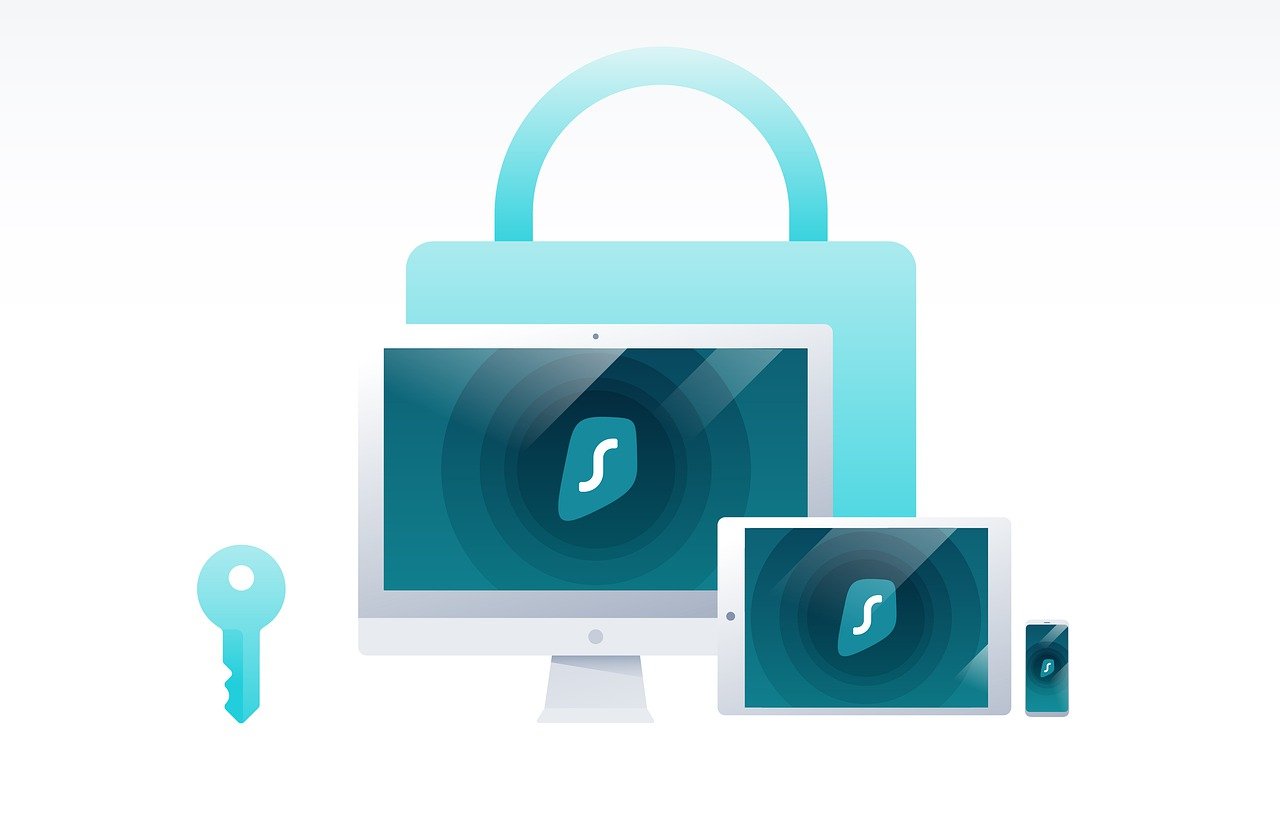-
Blog
-
About us
- Awards
- Issues
- Contact Subscribe
Our Top Categories
Expert Reveals the Impact of Captioning on Video Engagement Rates
Top Read In Category

Expert Reveals the Impact of Captioning on Video Engagement Rates
Top Read In Category

How Can Businesses Encourage Their Gen Z Employees Back to the Office to Get Ahead in Their Careers?
Top Read In Category

Expert Reveals the Impact of Captioning on Video Engagement Rates
Top Read In Category

Five Ways Businesses Can Tackle the Workforce Readiness Gap
Top Read In Category

Experts Reveal 5 Keys to Success for Manufacturers in 2025
Top Read In Category






